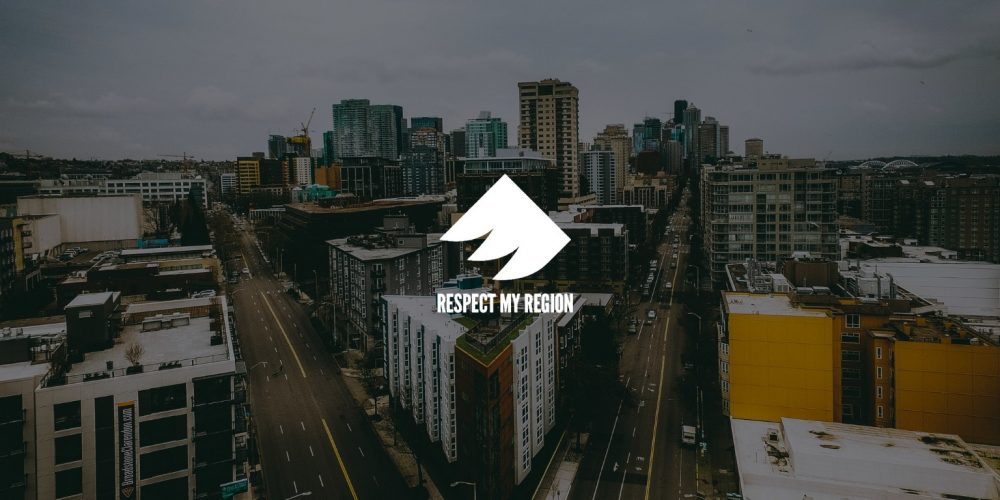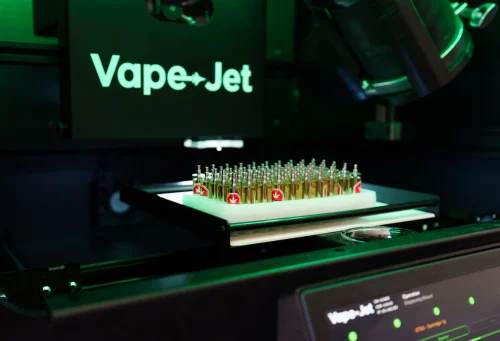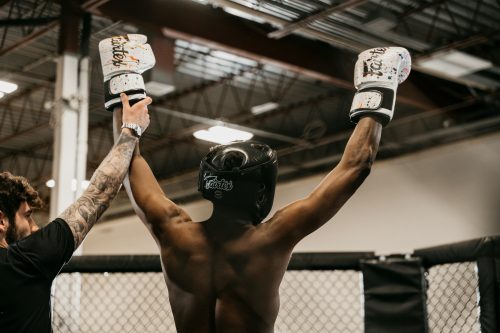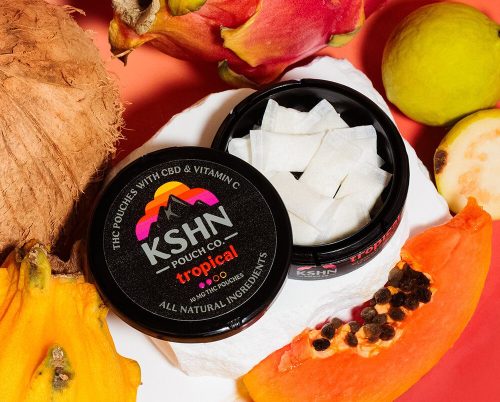The NFL Players Association (NFLPA) has rolled out some significant updates to the NFL substance abuse policy, signaling that the league is starting to listen to players, scientists, and fans who want to see real progress regarding cannabis.
NFL Substance Abuse Policy Starts Reflecting Real-World Attitudes
First up—and probably the biggest headline—is the adjustment to the THC threshold for player testing. The NFL has boosted the threshold from 150 nanograms per milliliter to 350 ng/ml. This mean that a player who uses cannabis on his day off isn’t going to get blackballed for a residual amount of THC lingering in his system.
This is far from the NBA’s hands-off approach which completely removed THC from its banned substance list last year, but it’s a step in the right direction. With medicinal cannabis legal in most states and recreational use approved in nearly half the country, testing for low levels of THC feels more outdated than a flip phone in 2024.
This change means the NFL is finally starting to respect players’ choices when it comes to their pain management, mental health, and overall recovery. If players can avoid opioids in favor of plant medicine without risking their careers, that’s a major step forward for athlete well-being.
New NFL substance Abuse Policy Offers Fewer Penalties, More Support
Instead of a punitive, one-strike-and-you’re-out approach, the updated policy focuses on reducing fines and providing more pathways for players to get back on track.
Fines for missing tests or testing positive for a substance of abuse have been reduced, and in some cases, players will get a clean slate after maintaining compliance for a specific period. This shift prioritizes rehabilitation over punishment—something leagues like the NFL have been criticized for ignoring in the past.
If players are caught with fentanyl in your system, they won’t get fined or suspended. Instead, the focus will be on mandatory education. In a time when opioid addiction is ripping through communities across the country, this kind of preventative education is a good sign that the NFL isn’t as tone-deaf as its biggest critics suggest.
Privacy Protection and Social Media Rules
In what might seem like a minor update, the NFL has decided teams won’t be informed about the specific substances a player tests positive for. By protecting player privacy, the NFL is cutting down on the stigma around substances—whether that’s marijuana, alcohol, or other personal-use substances.
But it’s not all sunshine and flowers. Players will be fined if they make social media posts to discuss their drug test collection process. Recording your pee test for TikTok isn’t something the league wants to deal with and why would they?
Why NFL Substance Abuse Policy Changes Matter
At its core, this policy update reflects a cultural shift we’ve been waiting for—both in sports and society. Athletes across leagues, from the NBA to the UFC, are advocating for cannabis as a safer, natural alternative to addictive painkillers, and it’s time the NFL followed suit. When athletes have the freedom to manage their bodies and minds in a way that works for them, it creates a better game, a better league, and ultimately, a healthier environment for everyone involved.
Players like Ricky Williams – A legend who lost years of his career for cannabis use—was ahead of his time. Minnesota Vikings and Seattle Seahawks legend Percy Harvin is on record saying he smoked cannabis before every game. Now, we’re seeing the NFL take steps to align with where the culture has been for years.
While the NFL still has work to do when it comes to fully embracing cannabis culture and player health, these changes are a step in the right direction. By raising THC thresholds, reducing penalties, and focusing on education over punishment, the league is inching closer to a more progressive, player-first approach.
These NFL substance abuse policy shifts feel like a much-needed nod toward keeping the focus on the game instead of on outdated, shame-based disciplinary policies.








